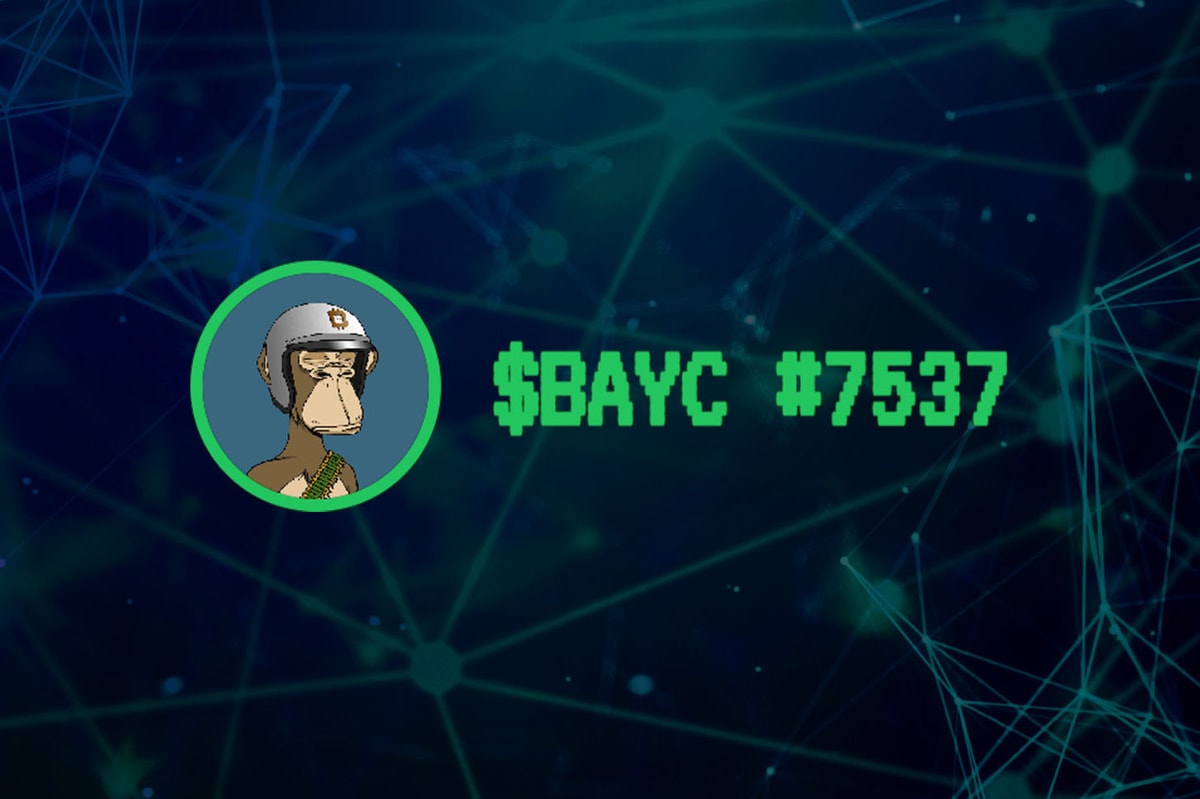Aligning themselves with the tax reporting rule on digital currency enacted by the European Union (EU), the Netherlands revealed its intention to apply tax monitoring rules on crypto. The Dutch government, an EU member, is obliged to accept and apply the new reporting requirement, a structure meant to assist EU member states in controlling digital currencies.
New Reporting Policy
The Dutch Ministry of Finance announced that the government seeks to pass a new policy that will ensure that activities related to cryptocurrencies will be reported and subjected to tax.
According to tax authorities, under the proposed legislation, the government will require crypto service providers to gather and share their users’ data with the Dutch taxation agency starting January 2026.

The Dutch Taxation and Tax Authorities noted, however, that digital currency owners are already required to submit a tax return on their balance and that the measure would not effect them.
Citing that the suggested step will improve cooperation among EU members by exchanging crypto data and transactions, State Secretary for taxes and Tax Authorities Folkert Idsinga clarified that the bill is viewed as an important initiative made by the Dutch government on crypto taxes.
“This will combat tax avoidance and evasion, and European governments will no longer miss out on tax revenues,” Idsinga said.
Under the new rule, digital asset service providers should submit the user data of individuals who are residents of EU member nations. They must submit the data to the Dutch tax administrator, which can be shared by the tax agency with other tax authorities across the regional bloc.
Public Feedback
The Dutch government said that it wants to know the opinion of the public on the proposed tax monitoring law. There will be a consultation period that will run until November 21 wherein the people are encouraged to give their concerns and reactions to the new policy.

The feedback gathered during the consultation will be used to draft the final version of the legislation. Tax authorities aim to submit the proposed measure to the country’s House of Representatives next year.
EU Crypto Tax ReportingIn October 2023, the EU introduced DAC8, a crypto taxation rule that requires all crypto service providers across the EU to provide their respective tax authorities with their users’ data.
The Dutch government said that DAC8 allows data exchange between tax authorities within the EU, limiting the administrative burden for crypto service providers because they only need to communicate with the proper authorities in the country they are registered.
“Without this DAC8 directive, providers could be asked for information by any member state,” Dutch tax authorities explained.
Featured image from jobs.ac.uk Career Advice, chart from TradingView








